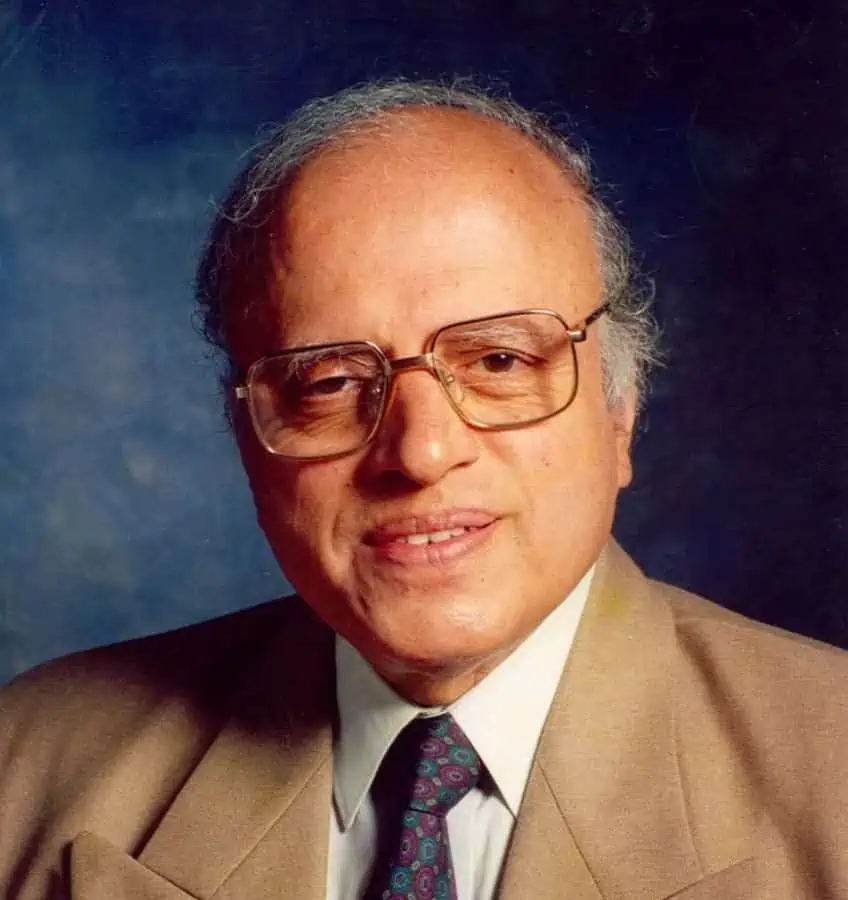MS Swaminathan | 03 Oct 2023
For Prelims: MS Swaminathan, Green Revolution, Food Security, Bengal famine of 1942-43, Indian Council of Agricultural Research (ICAR).
For Mains: MS Swaminathan and his contribution in agriculture and shaping the Indian Economy.
Why in News?
Monkomb Sambasivan (MS) Swaminathan, hailed as the 'Father of the India’s Green Revolution,' passed away at the age of 98.
Who was MS Swaminathan?
- About:
- Born on 7th August, 1925, in Kumbakonam, Tamil Nadu, India, he was deeply influenced by Mahatma Gandhi's principles and India's struggle for independence.
- He initially aimed to pursue a medical career but shifted his focus to agriculture due to the Bengal famine of 1942-43, a tragic event that left a profound impact on him and stirred his passion for improving India's agricultural sector.
- Career:
- He pursued agricultural studies and research, delving into genetics and breeding, with the belief that improved crop varieties could have a significant impact on farmers' lives and help overcome food scarcity.
- He served as the Director General of the Indian Council of Agricultural Research (ICAR), where he played a crucial role in advancing agricultural research and education in India.
- He also served as the Independent Chairman of the Food and Agricultural Organization Council and held leadership roles in international conservation and agricultural organizations.
- He pursued agricultural studies and research, delving into genetics and breeding, with the belief that improved crop varieties could have a significant impact on farmers' lives and help overcome food scarcity.
- Contributions:
- Role in the Green Revolution: He was widely recognized for his pivotal role in the Green Revolution, a transformative phase in Indian agriculture that significantly increased crop productivity and ensured Food Security for the nation.
- High-Yielding Wheat and Rice: Swaminathan's groundbreaking work with Norman Borlaug in developing high-yielding wheat and rice varieties, notably the semi-dwarf wheat varieties, revolutionized agriculture in India during the 1960s and '70s.
- This transformation significantly increased crop yields, making India self-sufficient in food production and averting the looming threat of famine.
- Farmer Welfare: Swaminathan advocated for the welfare of farmers, emphasizing fair prices for agricultural produce and sustainable farming practices.
- As chair of the National Commission of Farmers, the ‘Swaminathan Report’ probed the causes of farm distress.
- One of its recommendations, that Minimum Support Prices (MSP) should at least be 50% more than average production costs, continues to be a primary demand of farm unions across India. MSP is the price at which the government purchases crops directly from farmers.
- Protection of Plant Varieties and Farmers' Right Act 2001: He played a pivotal role in developing the Protection of Plant Varieties and Farmers' Right Act 2001.
- Other Contributions:
- He will be remembered forever for his role in the global recognition of the 'Gulf of Mannar Marine Biosphere (Go MMB)' and Kerala's Kuttanad known for 'traditional cultivation of paddy below sea-level' as a globally important agricultural heritage site.
- He also contributed to the conservation and enhancement of the biodiversity and ecology of these regions.
- He also established the M. S. Swaminathan Research Foundation (MSSRF) in 1988 to promote sustainable agriculture and rural development.
- MSSRF focuses specifically on tribal and rural communities with a pro-poor, pro-women and pro-nature approach.
- He will be remembered forever for his role in the global recognition of the 'Gulf of Mannar Marine Biosphere (Go MMB)' and Kerala's Kuttanad known for 'traditional cultivation of paddy below sea-level' as a globally important agricultural heritage site.
- Accolades:
- He has received numerous accolades and awards for his outstanding contributions to agriculture, including being honored as the first World Food Prize Laureate in 1987.
- He has also been conferred with the Padma Shri (1967), Padma Bhushan (1972) and Padma Vibhushan (1989).
- Various international honors including the Ramon Magsaysay Award (1971) and the Albert Einstein World Science Award (1986).
UPSC Civil Services Examination Previous Year Question (PYQ)
Mains
Q. How was India benefited from the contributions of Sir M. Visvesvaraya and Dr. M.S. Swaminathan in the fields of water engineering and agricultural science respectively? (2019)
Q. Explain various types of revolutions, took place in Agriculture after Independence in India. How these revolutions have helped in poverty alleviation and food security in India? (2017)

